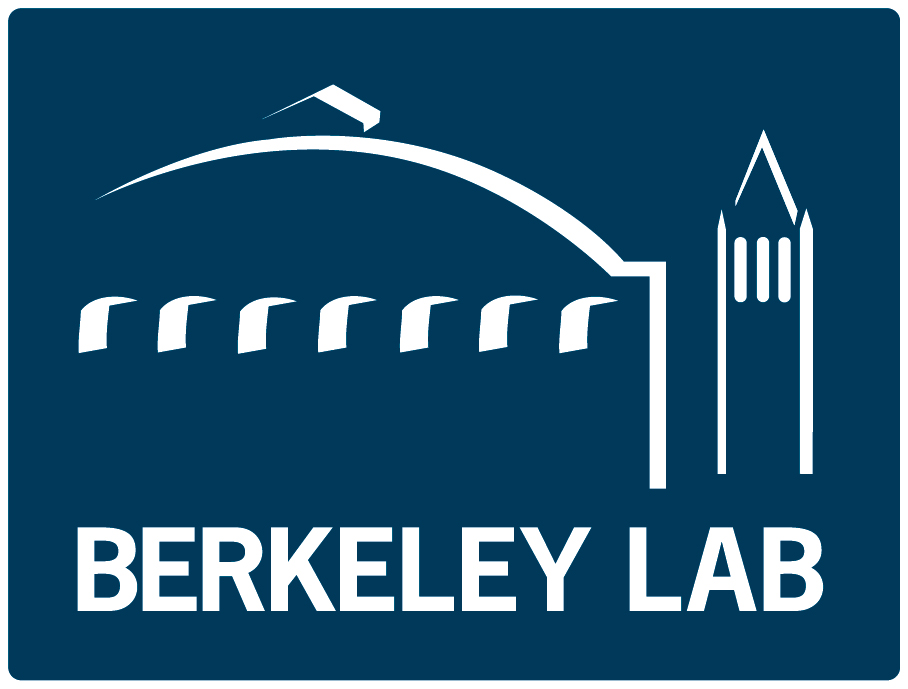APPLICATIONS OF TECHNOLOGY:
- Lignocellulosic biofuel production
- Animal forage crops
- Paper production
ADVANTAGES:
- Rapid generation of crops with low xylan content
- Increased efficiency of biofuel conversion
- Applicable to a large variety of plant species
ABSTRACT:
A Joint BioEnergy Institute (JBEI) research team led by Henrik Vibe Scheller has established a method to reduce the amount of xylan in plant biomass via dominant suppression of xylan biosynthetic activity. While xylan is important to overall plant health, it inhibits the fermentation of 6-carbon sugars and creates a toxic environment for microbial growth, creating several problems for advanced biofuel conversion.
Researchers developed a method to express a form of the xylan biosynthesis enzyme IRX10 that was mutated at a key residue to eliminate catalytic activity without compromising the structural conformation of the protein. Using genetically modified eukaryotic host cells, researchers found that overexpression of the mutated IRX10 enzyme outcompeted the native form of the enzyme to suppress the biosynthesis of xylan and increase sugar content in the desired plant tissue.
There are few, if any, IRX10 mutants of biotechnologically relevant crops naturally available, but the JBEI approach allows for rapid generation of a large variety of plant mutants with reduced xylan content.
DEVELOPMENT STAGE: Proven principle.
STATUS: Published U. S. Patent Application 15/847,788 (Publication No. 2018/0251774). Available for licensing or collaborative research.
SEE THESE OTHER BERKELEY LAB TECHNOLOGIES IN THIS FIELD:
Consolidated Conversion of Biomass into Biofuels using Ionic Liquids
Gene Modification to Increase Drought and Flood Tolerance in Plants
